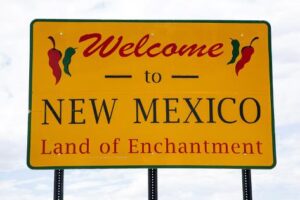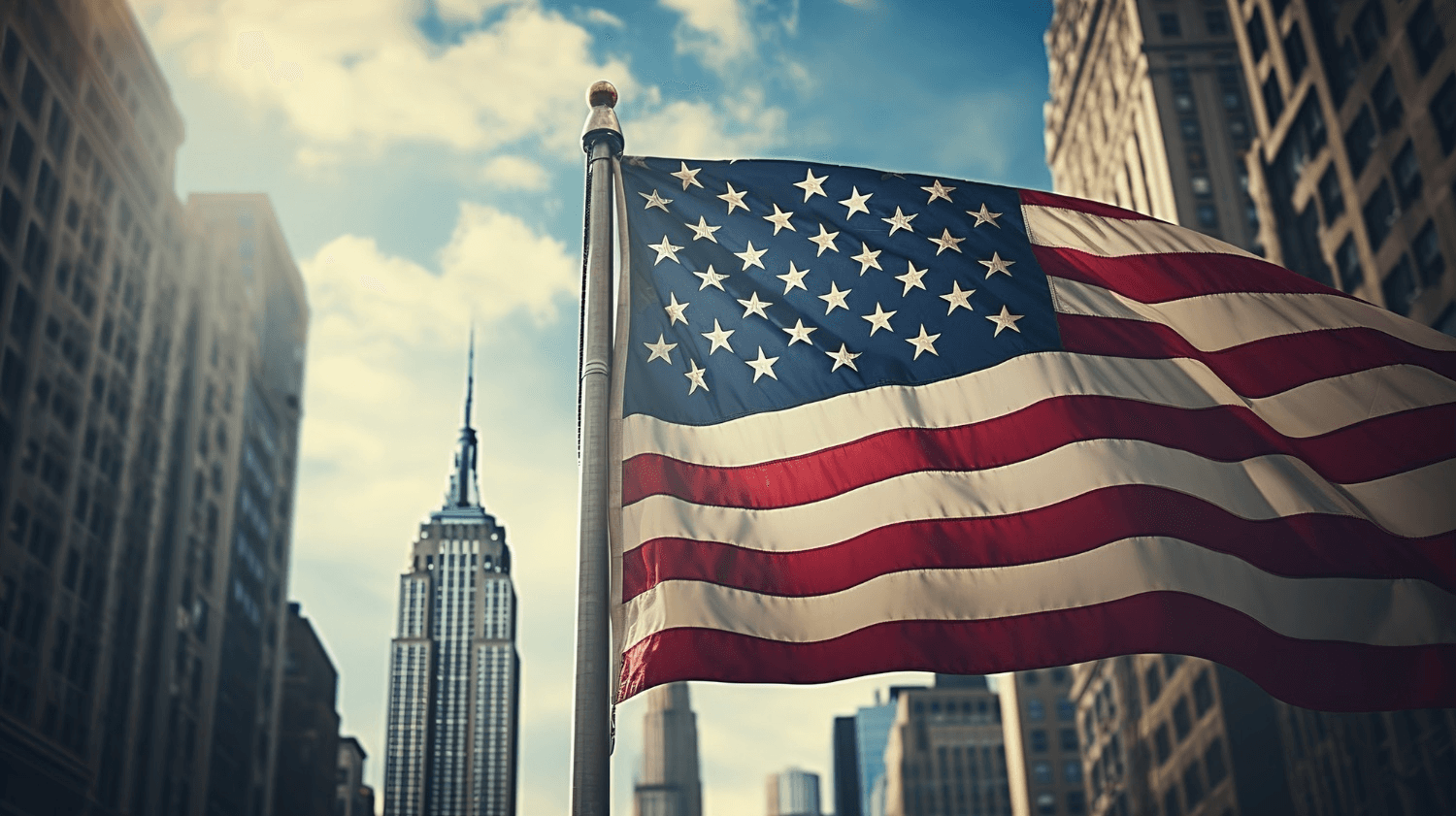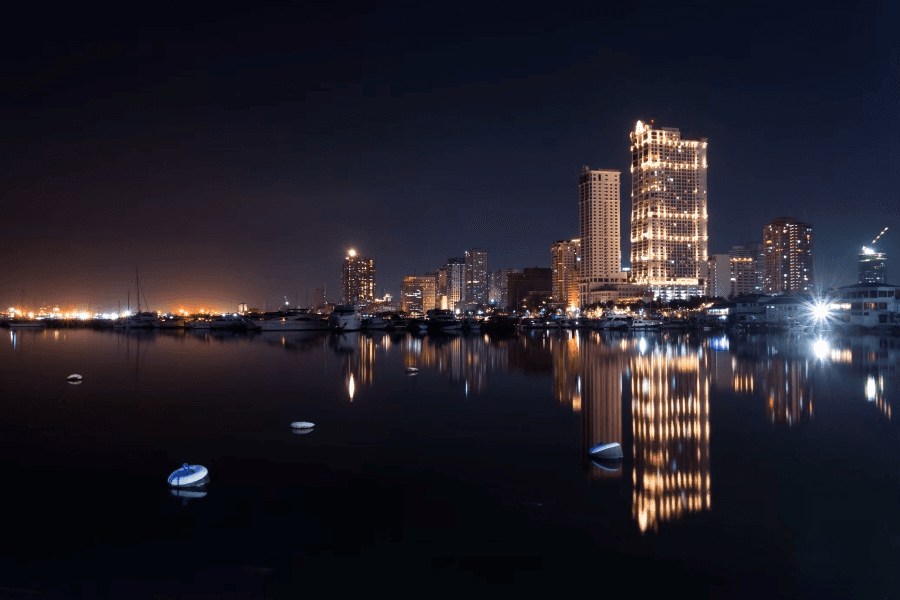Injured Cannot Sue Tribal Casinos In State Courts Rules Supreme Justices
Share This Tags Personal injury lawsuits against New Mexico tribal casinos have long been a subject of jurisdictional dispute. However, a recent landmark decision by the state Supreme Court has settled the matter, ruling that such lawsuits cannot be brought in state court.
Personal injury lawsuits against New Mexico tribal casinos have long been a subject of jurisdictional dispute. However, a recent landmark decision by the state Supreme Court has settled the matter, ruling that such lawsuits cannot be brought in state court.
In a unanimous opinion, the New Mexico Supreme Court settled the jurisdictional dispute in a case involving an employee of an electrical company who sought damages for injuries sustained while making a delivery to Buffalo Thunder Resort and Casino in 2014. The court concluded that state courts no longer have the authority to decide bodily injury and property damages lawsuits filed by casino visitors.
The ruling leaves personal injury cases against tribal casinos to be decided in tribal courts or through arbitration. This shift in jurisdiction was hailed by Pojoaque Pueblo, the owner of Buffalo Thunder, as a vindication of the sovereign authority of all Indian Pueblos and Nations in New Mexico. It also confirms that the State is bound by its gaming compact with the tribes.
Gaming compacts between the state and tribal governments included a provision that waived tribal sovereign immunity and allowed jurisdiction to be shifted from tribal court to state court for certain damage claims. However, the language of the compacts left room for the termination of this provision if a court determined that the Indian Gaming Regulatory Act (IGRA) prohibited such jurisdictional shifting. Previous federal court rulings triggered the termination clause and led to the state Supreme Court’s decision.
The court’s opinion, authored by Chief Justice C. Shannon Bacon, emphasized that the ruling was based on reviewing the gambling compacts as contracts. It focused on determining whether previous court rulings qualified as final for the purpose of triggering the termination of the visitor protection provision.
While the court did not provide an opinion on whether the IGRA prohibited jurisdictional shifting in all circumstances, it noted that federal court rulings in 2013 and 2018 involving New Mexico Indian tribes had triggered the termination clause. This suggests that the IGRA may indeed limit jurisdictional shifting in personal injury cases against tribal casinos.
The state Supreme Court’s decision reversed a previous ruling by the state Court of Appeals that would have allowed the plaintiff to proceed with a lawsuit against Buffalo Thunder Inc., Pojoaque Pueblo, and other tribal enterprises. This ruling has significant implications for similar cases pending in state District Courts, as they may now be dismissed for lack of jurisdiction.
With personal injury lawsuits against tribal casinos now falling under the jurisdiction of tribal courts or arbitration, plaintiffs have new avenues for seeking remedies. While there may be a bias against tribal courts, arbitration provides an alternative dispute resolution mechanism.
The ruling brings long-awaited clarity to the jurisdictional issue surrounding personal injury lawsuits against tribal casinos. It resolves the ongoing dispute between state and tribal courts, ensuring that each has a clear role in deciding these cases.
The state Supreme Court’s decision is likely to have a significant impact on pending personal injury cases in state District Courts. Those cases that fall within the jurisdiction of tribal courts or arbitration may be dismissed for lack of jurisdiction.
The ruling reaffirms the concept of tribal sovereignty, as established in a 1959 U.S. Supreme Court opinion. It acknowledges tribes’ authority to make their own laws and have their own courts determine the propriety of their behaviour.



 2024-01-17
2024-01-17












